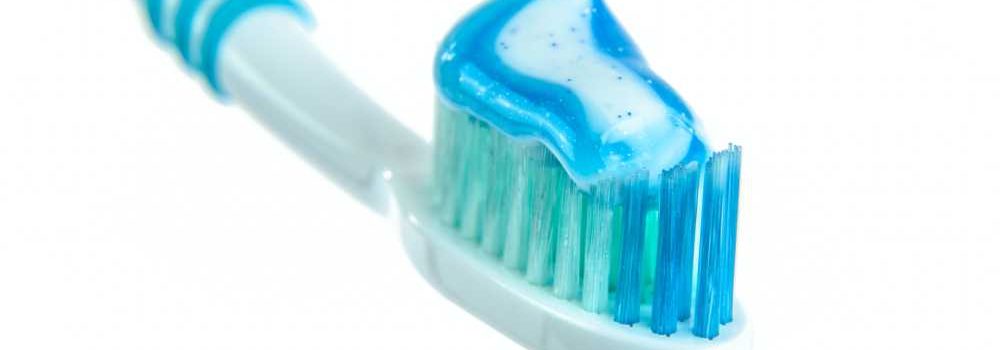Some people find it difficult to brush for the recommended 2 minutes, twice a day, but others go to the other extreme and brush vigorously after every meal. Is this the correct approach? Did you know that brushing too soon after eating or brushing incorrectly can actually damage your teeth and cause gum recession? Don’t panic, we’ll go through the correct way to safely brush your teeth but let’s look at overbrushing first.
Can You Brush Your Teeth Too Much?
Unfortunately, it is possible to brush your teeth too much. Yes, this sounds counterproductive to normal dental advice, but that’s why twice a day is recommended, not after every time you eat, for example. Overbrushing can lead to tooth abrasion, which is a permanent loss of the tooth’s enamel, and gum recession, which in many cases is not reversible. If you’re worried that you might be over brushing, there are warning signs you might see so you can ease back on the tooth cleaning.
Main Signs of Over Brushing
Keep a lookout for these signs if you’re brushing more than twice a day or you think you might be brushing too hard:
- Your toothbrush bristles wear down quickly or are splayed outwards
- Your gums are red or swollen after your brush
- Your gums bleed regularly after brushing and flossing
- You can see signs that your gums are receding from your teeth
- Your teeth have become sensitive to hot and cold food and drink
Now let’s take a look at the way you brush so you can see if you might be over brushing or brushing too vigorously.
How Not To Brush Your Teeth
Here is a list of things not to do in order to maintain healthy teeth and gums:
- Do not use a hard-bristled toothbrush. Go for a soft one.
- Do not use too much pressure as this can damage your gums.
- Do not drag the brush backwards and forwards over your teeth, use a more circular motion.
- Do not hold the brush straight against your teeth and gums, try angling it up about 45 degrees for the most effective gum line clean.
- Do not brush straight after a meal. While brushing after your three main meals is fine, applying a toothbrush immediately after eating can have an abrasive effect on your tooth enamel due to sugars and high acid levels still being present in your mouth. Wait at least an hour after eating before brushing your teeth.
- Do not just brush the front of your teeth and neglect the back sides and chewing surfaces.
How to Brush Your Teeth Properly
OK, now we’ve lectured you on how not to brush your teeth and how not to brush them too often. So what is a safe way to do it? Here are the best tips for getting the most out of your brushing routine and keeping your smile healthy:
- Use a soft-bristled brush. You may assume it’s not as effective for removing bacteria but it is and it’s also gentler on the enamel of your teeth and on your gum line.
- Think of your mouth in 4 quadrants and spend equal time brushing each part, not over-concentrating on the fronts.
- Floss before brushing instead of afterwards.
- Brushing three times a day is great, but wait for at least an hour after every meal.
- Change out your toothbrush or toothbrush head regularly.
- Use a toothpaste with fluoride and avoid abrasive toothpastes.
- Drink more water and reduce your intake of sugary drinks and foods.
- Use a lighter touch to clean your teeth as brushing with too much force can cause damage.
What to Do If You Have Damaged Your Teeth or Gums From Over Brushing
As we have said, brushing your teeth too much or too hard can result in damage to the tooth enamel and the wearing away of your gums. If your gums start to recede, this can lead to periodontal disease, also known as gum disease, which carries the risk of decay and tooth loss.
Sometimes overbrushing is caused by people worried about the look of their teeth who then brush too much, which makes the issue worse. Contact your dentist if you have any concerns about the health or appearance of your teeth and gums. Patients in Missoula, MT can contact Discovery Dental Group for a wide range of options regarding preventive care or restorative dental work.
Some cases of tooth abrasion (loss of enamel) can be fixed with fillings or dental bondings, restoring the look of the surface of the tooth. Alternatives such as porcelain veneers can also be a solution to correct the look of damaged teeth. If you’re over brushing because your teeth just aren’t looking white enough, your dentist can also help with dental whitening treatments.
To treat gum recession, your dentist might use deep cleaning techniques to encourage reattachment and in some cases gum grafts can be performed. Good oral hygiene is the most effective way to halt gum recession in its tracks, however, so don’t be afraid to get back to brushing, just use a lighter touch.

